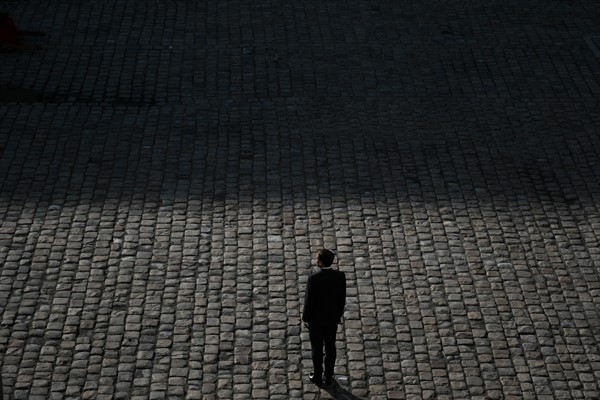When historians look back and try to explain how France lost its historical position as the dominant outside actor in West Africa, the oft-repeated line that Ernest Hemingway used to describe how one of his fictional characters went bankrupt will undoubtedly come to mind: gradually, then suddenly. The signs of a gradual deterioration of France's ties in the region have been apparent for some time. But if the past 12 months are any indication, 2022 might very well be the year that process comes to a head suddenly.
Since May, military coups in Mali, Guinea and most recently Burkina Faso have revealed the fragile foundations underpinning France’s partner governments in the region, but also the faulty assumptions driving Paris' engagement with them. Having staked its claim to regional influence on its ability to underwrite stability by providing security, France has failed on both counts. And the fallout in terms of its regional profile is now coming into sharper focus.
That is most visible in Mali, where France’s current military-heavy approach began in 2013. When a loose coalition of Tuareg insurgents and Islamist extremists overran the country’s north and threatened the capital, Bamako, in the south, then-French President Francois Hollande didn’t hesitate to send in French forces to intervene. This was consistent with France’s historical role in its former colonies, which—despite efforts going back to 2007, when then-President Nicolas Sarkozy promised to “modernize” the country’s defense treaties with its African client states—has ultimately meant French military power being used to shore up the status quo from threats both external and internal.

